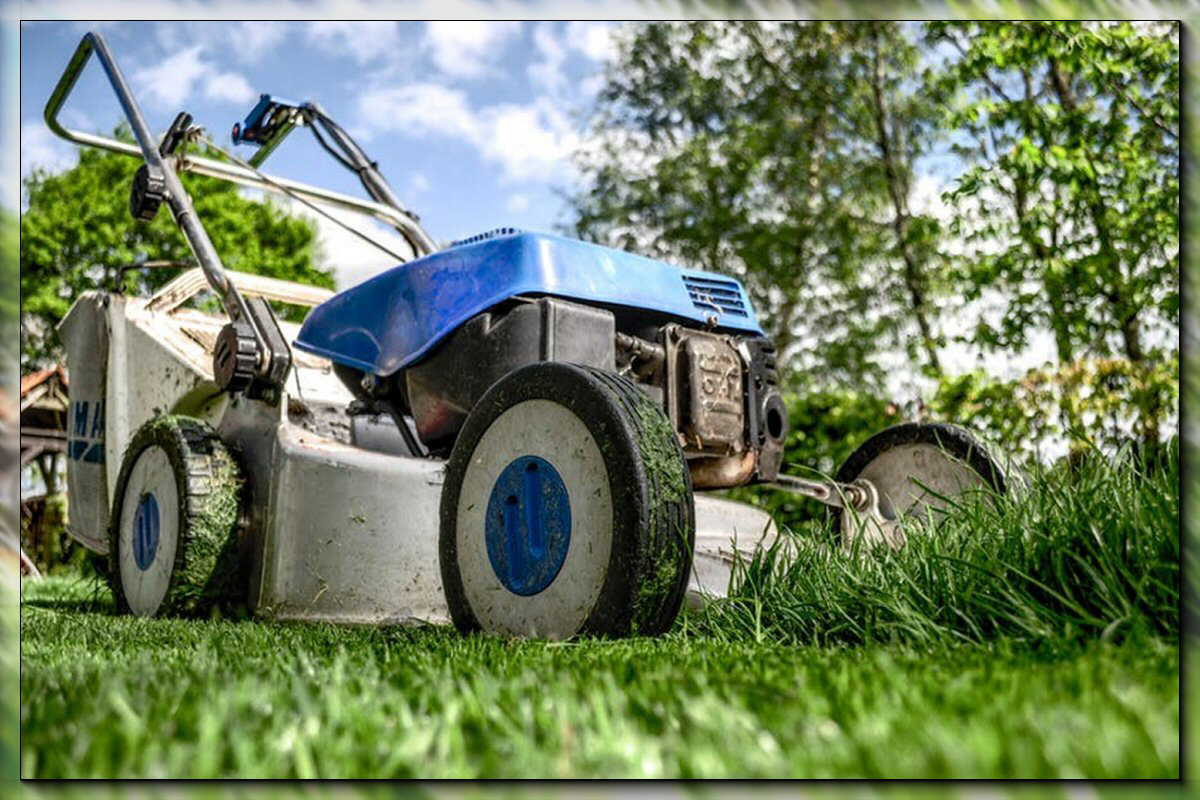Many people will have heard of “Acts of God” since insurance companies provide cover for them as a part of basic premiums. As a homeowner, acts of God should be covered in your insurance policy but even though you might have cover, it’s good practice to do your best to prevent these from happening in the first place.
Basic Acts of God disasters include:
- Flood
- Fire
Although you can’t do anything about these actually happening, you can minimize damage caused by them.
The Raging Waters

Flooding has been the bane of man since the dawn of time, and if the Bible is to be believed, has been the primary demonstration of God’s wrath as told in the story of Noah and the great deluge. Flooding can actually cause more damage to a home than fire as water seemingly gets everywhere.
Many towns and cities all over the world such as those situated along the Mekong, homes in Florida (because of the high groundwater), and villages in the UK are at constant risk of flooding for various reasons. Should you be inundated with a flood, courtesy of God or otherwise, many local residential water damage restoration services are available and a lot of these offer free advice on flood prevention.
Although it is impossible to actually hold back a flood, there are some preventative measures you can take. One obvious yet often overlooked thing to do is to simply move expensive furniture to a higher level of your home when a flood is inbound. Another would be to use water-resistant paints and varnishes on high impact structural integrity areas of your home such as the skirting boards and support beams while non-return valves can be fitted to drains.
The Licking Flames

Something being set ablaze is the stuff of nightmares and the damage caused by fire can be catastrophic, to the point of having to demolish a building. Act of God fires are natural fires such as those caused by a lightning strike or a wildfire and not simply someone setting fire to a home or carelessness.
These days most people are fire safety aware thanks to the tireless efforts of local firefighters, schools, and government initiatives, but even though we are aware of the dangers of fire and how to deal with it, we might not know how to minimize the damage of a natural fire.
WIldfires of California and Australia in 2020 were some of the worst on record with 31 Californians having perished while 3,114 structures burned over a 1.4 million-acre area.
Using fire-retardant materials is a no-brainer if you live in an area where there is even a remote chance of a wildfire. Special paints and varnishes can be applied to your home’s exterior and interior support structures that will help prevent your home from collapsing. Remember though, fire-retardant doesn’t mean fire-proof so call your local emergency services as soon as is humanly possible to reduce the risk of a blaze.
Reinforcing your home’s roof will also go a long way in minimizing the damage caused by a fire. Since heat rises, the most damage caused to a structure is usually caused by the roof eventually giving in to the flames after some time. A roof collapse can take out the rest of the building with it.
If you have any fire concerns, many local fire stations will gladly perform a free fire safety check and give you expert advice on fire safety.





